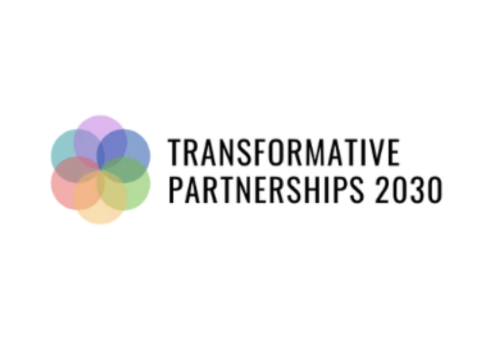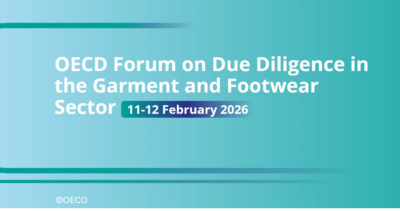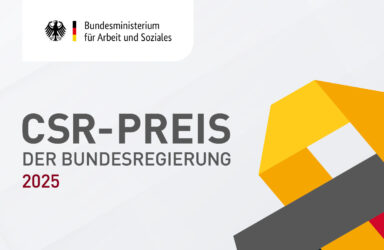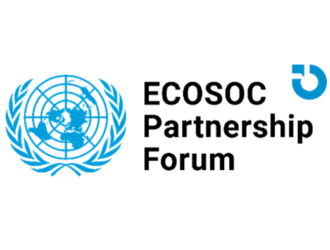The findings are available in the report and the research project is presented in a recording of the hybrid event. The presentation starts by providing general insights on the status quo of the SDGs and multi-stakeholder partnerships (MSPs). Afterwards, the report is presented in detail. It is examined how MSPs can contribute to the SDGs:
The report provides a comprehensive overview of the collected data and reveals that there are many and very heterogeneous initiatives worldwide. Compared to previous studies, the number of active MSPs has fortunately increased significantly.
The results of the study suggest that SDG 13 (Climate Action), SDG 14 (Life below Water) and SDG 15 (Life on Land) are most frequently addressed by MSPs. Those are primarily topics of environmental protection. SDG 12 (Responsible Consumption and Production) and SDG 9 (Industry, Innovation and Infrastructure) are rarely addressed by partnerships. These results show where particularly many synergies exist. They also show that certain SDGs possibly require more attention from MSPs. Why that is the case remains to be explored.
The research results indicate how most of the MSPs are created and how their members are usually set up. Several remaining questions were also identified: How effective are MSPs in achieving their goals? How can the United Nations and other organizations support MSPs? What characterizes a good MSP? According to the report, there is still a lot of research to be done.
Click here to watch the presentation. You can find the report here.
Transformative Partnerships 2030 is a project of the Swedish Research Institute Fomas, which is working on sustainable development. Researchers from several Swedish and Dutch universities are involved. Among other topics, Transformative Partnerships 2030 focus on MSPs in their work.



